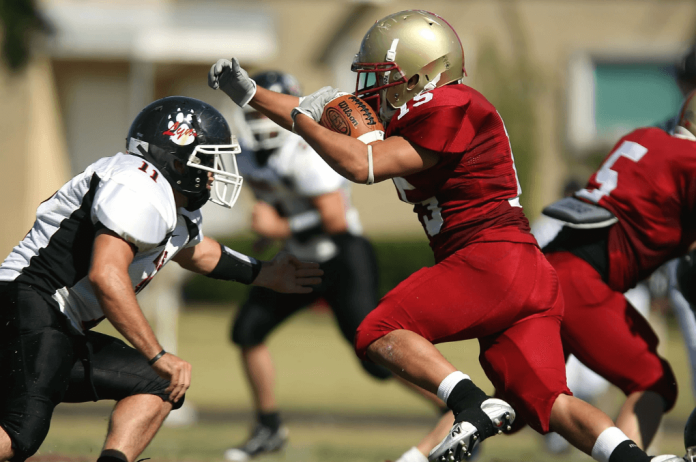Youth football training is a crucial stage in developing young athletes. It lays the foundation for technical skills, tactical awareness, and a lifelong love for the sport. However, navigating the complexities of youth football training requires careful consideration of several factors, each with its own trade-offs and challenges. This article delves into the key aspects that impact youth football training, empowering parents and coaches to make informed decisions that prioritize the well-being and development of young players.
Building a Strong Foundation: Core Skills and Fun
The early stages of youth football training should focus on fostering a love for the game and developing core technical skills. This includes ball mastery, dribbling, passing, receiving, and shooting. Fun and engaging drills are essential, creating a positive learning environment where players experiment, make mistakes, and learn from them. Coaches should prioritize age-appropriate activities that promote creativity and enjoyment.
The Importance of Technique: Repetition and Refinement
As players progress, technical proficiency becomes paramount. Repetition builds muscle memory, allowing players to execute skills instinctively under pressure. Coaches should introduce drills that progressively challenge players, refining their technique and building confidence. However, an overemphasis on drills at the expense of game-like situations can hinder development. Striking a balance between structured practice and unstructured play is crucial.
Developing Tactical Awareness: Understanding the Game
Beyond technical skills, youth football training should nurture tactical awareness. Players need to understand the basic principles of the game, like positioning, spacing, and movement off the ball. Coaches can introduce simple formations and tactics, gradually increasing complexity as players grasp the concepts. However, introducing complex tactics too early can overwhelm young players, hindering their enjoyment and development.
The Role of Competition: Fostering Growth and Sportsmanship
Competition is an integral part of youth football. Games offer valuable opportunities to apply learned skills in a dynamic environment, test decision-making under pressure, and develop sportsmanship. However, it’s vital to create a positive competitive environment that prioritizes development over winning. Age-appropriate leagues with balanced teams and coaches who emphasize effort and fair play are key.
The Challenge of Specialization: Multi-Sport vs. Early Specialization
The debate surrounding specialization in youth sports is a complex one. While early specialization can lead to faster skill development in a single sport, it can also increase the risk of overuse injuries and burnout. Encouraging participation in multiple sports during early childhood promotes overall athletic development, reducing injury risk and fostering a well-rounded approach to physical activity.
Physical Development and Conditioning: Age-Appropriate Training
Physical development varies significantly in young athletes. Conditioning programs should be tailored to age and maturity level, prioritizing activities that promote general fitness and coordination. High-intensity interval training and weightlifting are not suitable for young children. Coaches and parents should prioritize activities that build foundational strength, agility, and cardiovascular endurance.
The Psychological Impact: Confidence, Motivation, and Overcoming Challenges
The psychological aspects of youth football training are equally important. Coaches should create a supportive environment that fosters confidence, resilience, and a positive attitude. Celebrating effort and improvement along with success is crucial. Young players will inevitably face setbacks, and it’s vital to teach them to persevere and learn from challenges.
Safety Considerations: Injury Prevention Techniques and Equipment
Ensuring player safety is paramount. Coaches should prioritize proper technique instruction to minimize the risk of injuries. Age-appropriate equipment that fits well is essential. Warming up before training and cooling down afterward are essential components of injury prevention. Additionally, coaches and parents need to be aware of the signs and symptoms of potential injuries and seek medical attention whenever necessary.
The Role of Parents: Creating a Supportive Environment and Open Communication
Parents play a vital role in supporting their children’s development in youth football. Creating a positive and encouraging environment at home fosters a love for the sport and motivates young players to practice. Open communication is key. Listen to your child’s concerns, address any anxieties they may have, and celebrate their progress, regardless of win or loss.
Conclusion: A Holistic Approach to Youth Football Training
Youth football training is a multifaceted endeavor. By carefully considering the various factors discussed in this article, parents and coaches can create a holistic training environment that prioritizes both player development and enjoyment. Remember, the goal at this stage is not to create professional athletes but to foster a love for the sport, develop well-rounded athletes, and instill valuable life lessons. By prioritizing fun, age-appropriate training, and a supportive environment, youth football training can be a transformative experience for young players.








